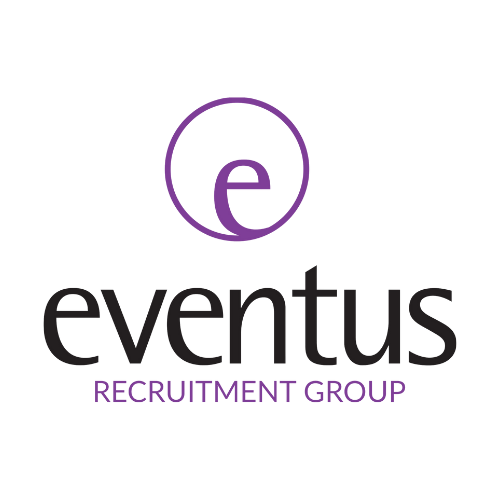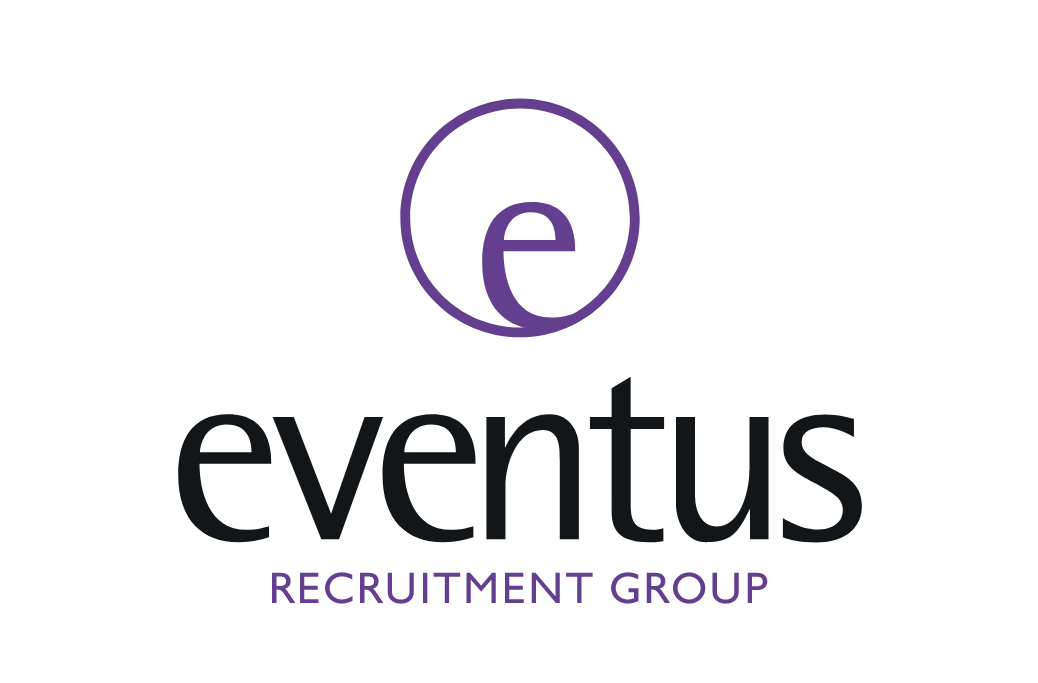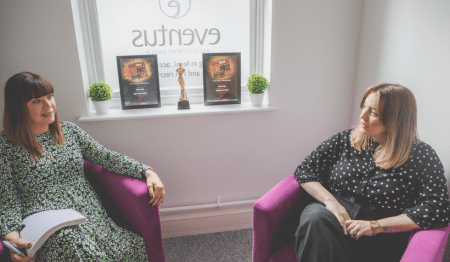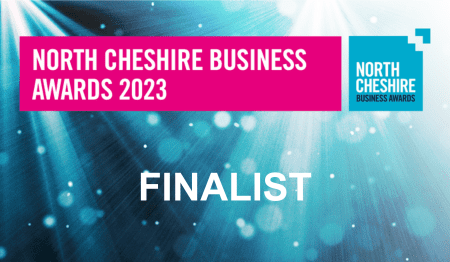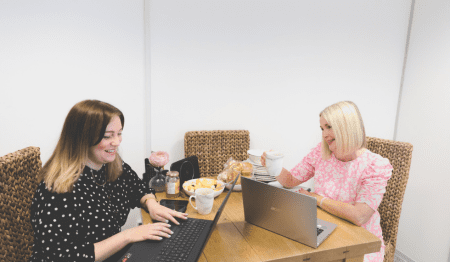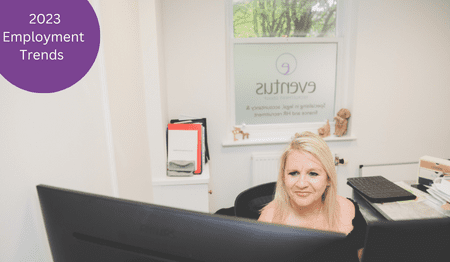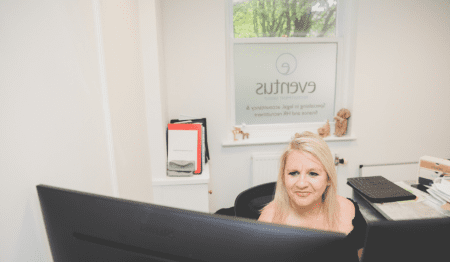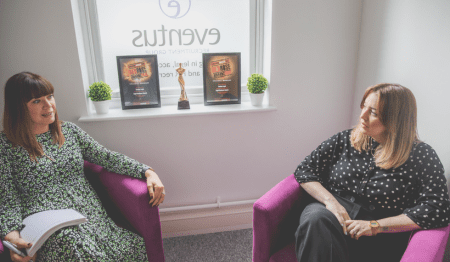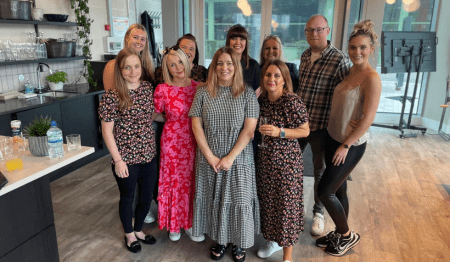Creating and maintaining a professional online profile and presence is essential in today’s digital world. A professional online profile is important for everyone, not just those who are seeking a new job role.
Your professional profile demonstrates credibility if it is completed correctly. Also, having an online presence helps you to interact with your peers and target audiences. The creation of a personal brand is becoming more important than ever. As we know, people buy into other individuals, those representing firms and not necessarily the organisations themselves. Furthermore, having a professional online presence is helpfully for when you are job searching and looking to further your career development.
So, how do you create a professional online presence?
Firstly, it is essential to understand your target audience and which platforms they are likely to use. You may have various audiences you would like to connect with so you may need various online presences. LinkedIn is a fantastic platform to connect with your peers, clients, potential clients and other professionals such as referrers. Also, LinkedIn is a very useful platform for when looking for a new job or wanting to progress in your career. X (formerly Twitter) can also be a useful platform depending on your content and audience. Remember not all social media platforms are suitable for those in professional services and could be a waste of your time creating content for platforms that are unlikely to help you achieve your goals.
Creating a professional online profile
Next, you need to create your profile. It should be professional but should also demonstrate your personality. Make sure your profile is fully complete, including details of your current role and employer along with past experience. It’s important to add details of your area of expertise to showcase your knowledge along with your skills and experience. You can do this by creating a compelling headline which accurately reflects what you do. Where possible, ask your connections who you have worked with to endorse you on LinkedIn. Think of your LinkedIn as a mini and interactive version of your CV.
Your profile picture
Include a photo. It’s so important to do so particularly on LinkedIn as profiles without a photo are deemed incomplete which is a disadvantage. Profiles deemed complete are more likely to show up on searches providing approximately 20 times more profile views than incomplete profiles. We’re drawn to images so your profile photo is usually the first thing your audience will see. However, don’t just pop any photo up there. Ensure that your photo looks like you, is clear and professional. You don’t want a poor photo to be the first thing your audience sees.
Top tips for your profile photo:
- Make sure it looks like you.
- Don’t use filters.
- Be careful that the background isn’t distracting.
- Dress appropriately considering your audience.
- Smile!
Publish relevant content
To create that genuine professional brand you have to publish content. The content should be relevant to your audience and can include some shared content such as news. The best way to build a credible profile is to create your own content or when you share content include your opinion or provide a headline with your own twist. Your content should showcase your knowledge in your area of expertise. Although, it doesn’t hurt to share areas of interest that may not be relevant to your role. This will show people a little about who you are as an individual and not just as a professional.
Top tips for your social media content:
- Make sure it’s relevant.
- Include photos or links where possible.
- Make use of various formats including infographics, blogs and articles.
- Consider what is valuable to your audiences – but don’t get hung up on every post being relevant to your various audiences.
- Mix it up – your content should be interesting and varied.
- Don’t be shy to share testimonials – this adds to your credibility.
- Keywords and hashtags in your content help to increase the visibility of your profile but don’t use too many. Between 3 and 5 is enough but they must be popular and related to your post to be found by your target audience.
- Create a consistent narrative to demonstrate your brand and values to fully connect to your audience.
- Create some personal posts to show who you are outside of work. However, keep in that mind that your employer and future employers could see it.
Facilitate engagement and comment
When possible, write blogs and articles pinning the most interesting ones to your profile so that they are easily visible.
Commenting on the posts of your connections is equally as important as creating your own content. It demonstrates your interest in your network and the individuals themselves. It’s about being part of a community and by engaging with your audience on their posts you will increase further interaction.
Keep your online profile up-to-date
Finally, don’t forget to keep your profile up to date. If you get a promotion you should change your job title and description to reflect it, likewise if you move to a new employer.
You can also use the LinkedIn Social Selling Index to look at your ranking and areas you need to improve by clicking here.
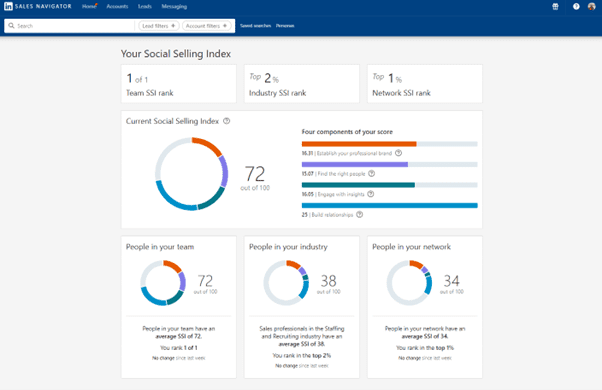
Further reading on building an online presence
Here are some links to websites I have used to help me with my profile that you may find useful:
The importance of professional corporate profile on social media – read blog.
12 easy steps to build your personal brand on social media – read blog.
Networking for business and career success – read blog.
How to stand out to employers in your job search – read blog
In the digital age, your online presence is a fundamental part of your professional development. To learn more the the professional development planning cycle and formulating an action plan, view our blog here.
Written by Nikki Phillips, Senior Recruitment Consultant covering all legal roles across the North West and Wales.
About the Eventus Recruitment Group
We are award-winning recruitment specialists helping professionals secure new jobs within wonderful firms who will support their career aspirations.
To view our latest job vacancies in Law and Finance, click here. Alternatively, contact us for a confidential chat about your career and opportunities available within your market.
